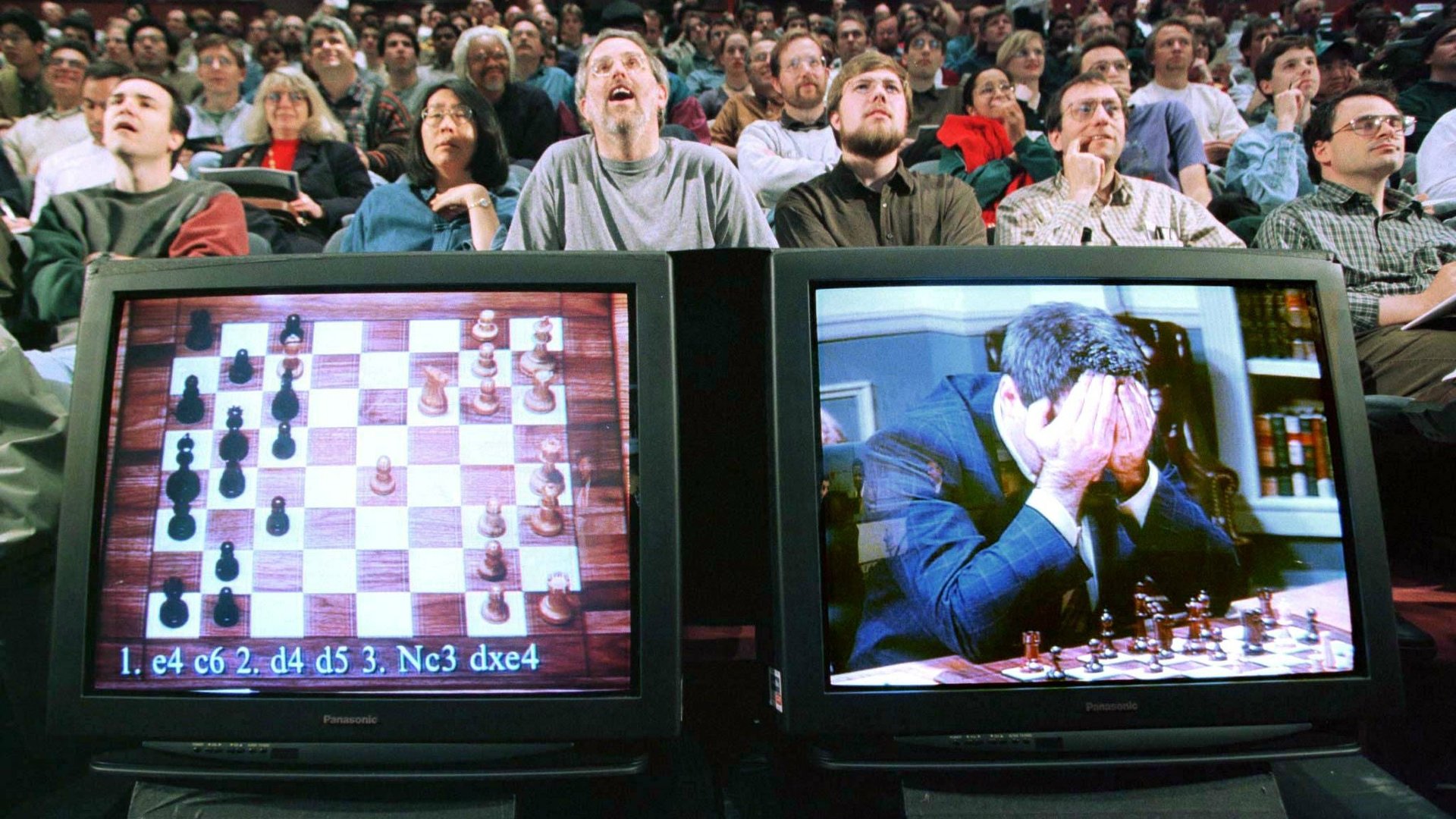Beautiful Twitter bots tell us what the future of automation is all about
Computers still can’t compete with humans when it comes to creativity. Not now, and maybe not ever. But with the right human touch, computers can do beautiful things.


Computers still can’t compete with humans when it comes to creativity. Not now, and maybe not ever. But with the right human touch, computers can do beautiful things.
Take, for example, a host of linguistic Twitter bots that produce some unexpectedly poignant stuff. One such bot is Pentametron. The idea is simple: Pentametron wades through Twitter to identify updates that both rhyme and happen to be in iambic pentameter, and posts them one after the other. By combining the right tweets, the bot produces something that is actually greater than the sum of its parts.
A similar project is Accidental Haiku. Boring status updates that have the right syllabic structure are formatted like haikus, and in doing so are endowed with the intention and seriousness of a poetry reading. Again, the computer is adding value to something first produced by a regular old human.
There is also ANAGRAMATRON, which pairs tweets that are anagrams of one another.
The conclusion to draw from such great material coming from algorithms is not that computers are preparing to displace humans. What these bots show is that the future of automation—whether of work, errands, or other routine tasks—is about the combination of human creativity and the raw processing power of machines. Only through the clever ideas of their creators and by drawing on tweets (a massive corpus of mostly human-produced material) are the bots any good.
In his book Average is Over, economist Tyler Cowen explores at length the fact that a human-computer combo can usually win a chess match agains a computer playing alone. Quartz recently published an interactive tool that shows how susceptible different occupations are to automation. The jobs that are safe from a robot takeover and remain high-paying—engineer, actuary, computer programmer, and scientist, for example—involve both original thinking and familiarity with computers. Just like our bot makers.
In the software-centered future, individuals and institutions won’t compete with computer programs so much as they’ll compete with each other over who can work best alongside computers. To do otherwise would be, as portmanteau_bot says:
(To get all the latest linguistic bot updates, subscribe to the Twitter list we’ve put together.)